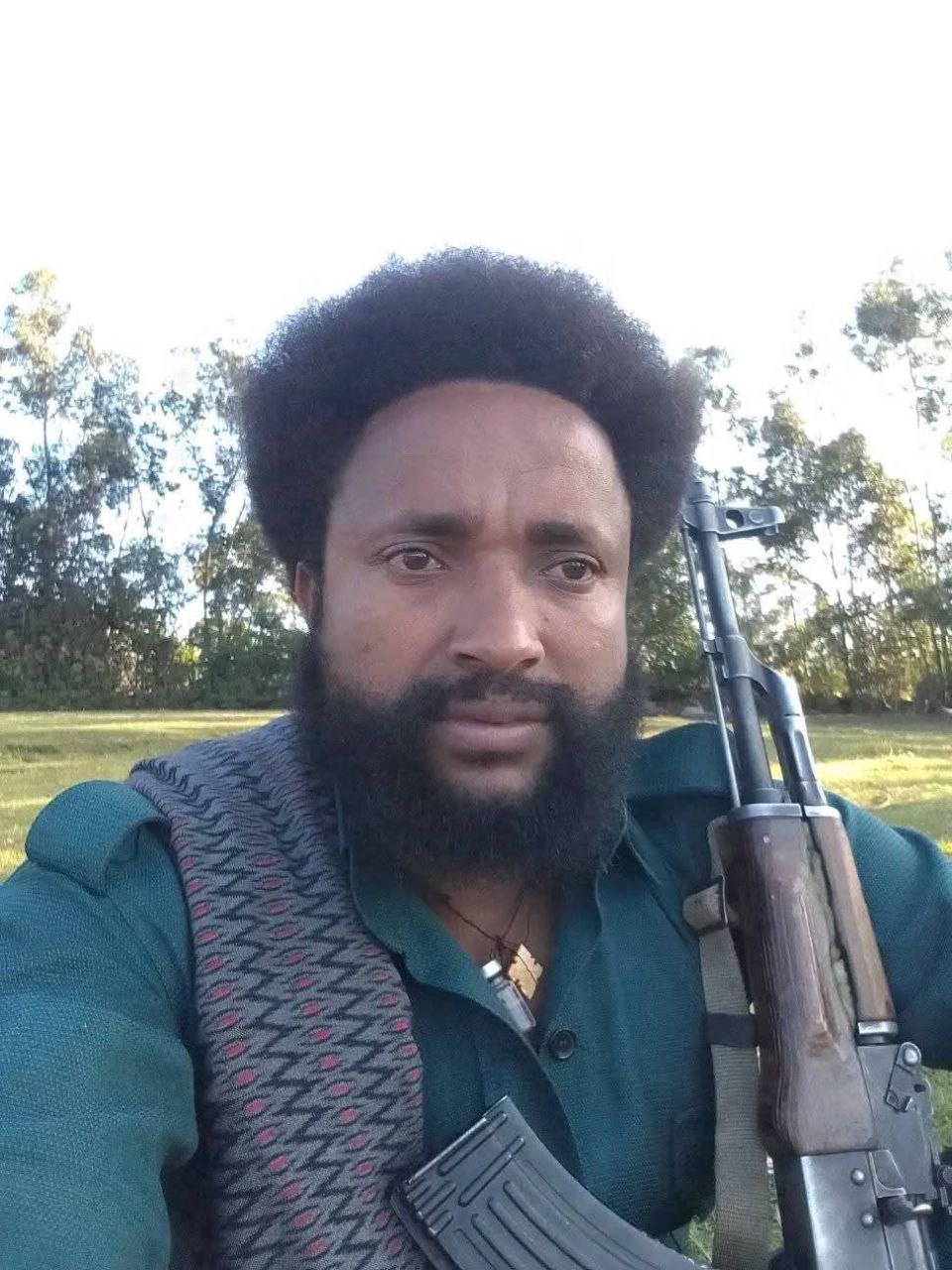Prisoner Release from Notorious Jail Ogaden Only a First Step
Felix Horne
Senior Researcher, Horn of Africa
Last week Human Rights Watch released “We are Like the Dead,” a report documenting torture, rape, and other serious human rights abuses in Ethiopia’s notorious Jail Ogaden in the Somali Region. Among the officials most responsible for those abuses is Somali Region President Abdi Mohamoud Omar, commonly known as “Abdi Illey.” The abusive Liyu police, implicated in many serious rights violations in the Somali Region and increasingly in the neighboring Oromia region, report directly to him.
In response to the report, Abdi Illey released many prisoners from Jail Ogaden and announced the prison will be closed and converted into a mosque. There was also reportedly a request from the federal government for him to resign.
But Abdi Illey doesn’t appear to be going quietly. On July 11, he made bold speeches in Somali regional parliament and state television, blaming the former head of Ethiopian intelligence Getachew Assefa for directing abuses. He also threw his support behind Prime Minister Dr. Abiy and his reform agenda and asked for forgiveness. It’s a shocking 180 degree turn from a man whose position had been so secure in the past, despite many allegations of abuses, allegedly because of his close links with Ethiopian federal intelligence and security.
Since the report launch, we have received messages from dozens of Ethiopian Somali victims or family members of victims who stress that this is not enough. They want justice. They rightly argue that Abdi lley cannot whitewash his role in a decade of serious crimes in the Somali region by striking a political deal to avoid justice. Accountability matters: it sends a message to abusers, – past, present, and future – that there is a price to be paid for their crimes. As one 42-year-old former prisoner told me: “We cannot forgive him for what he and his [Liyu] police have done to our people. He has destroyed a generation. His police killed my brother, my mother died in jail, and my other brother has disappeared. My family is gone…We will never forgive him. He must face justice for what he has done.”
Abiy’s many announced reforms have captured the imagination of a nation. Noticeably lacking in his many speeches so far is a commitment to accountability, to ensure those who have committed serious crimes in Ethiopia will be held to account. Whether, and how, Abdi Illey and others in Somali region face investigations for the many abuses in Jail Ogaden will be a litmus test of Abiy’s commitment to justice and to reigning in abusive security forces. This is important for victims and their families, but also to send an important message to security forces that abuse will no longer be tolerated.



























